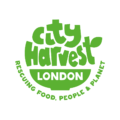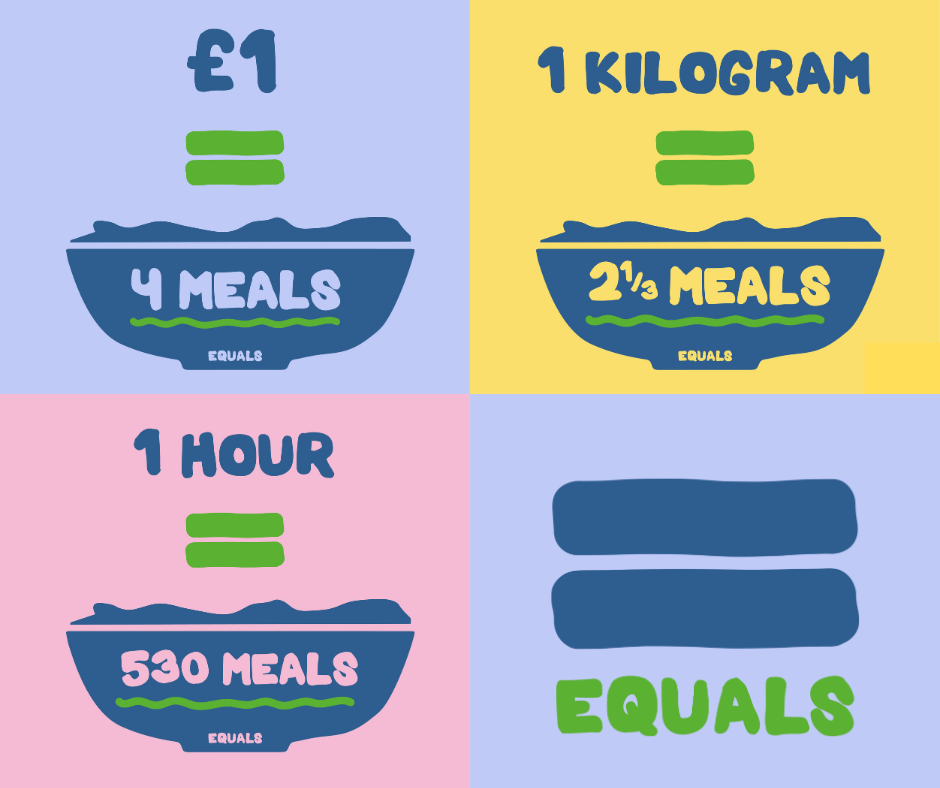Water waste: 70% of the earth’s freshwater is used in agriculture
So just how much water goes into producing food? Let’s talk numbers.
The earth is 70% water, but only 2.5% of this is freshwater (freshwater is defined as water fit for consumption). Of this 2.5%, 11% is used in visible ways, such as washing, cleaning, cooking and drinking. A whopping 70% of Earth’s precious freshwater reserves are used for agriculture, to grow the food for the world that, in many cases, ends up getting thrown away.
How does food cause water waste
Every piece of food we eat has its own water footprint. A water footprint means the total water used throughout its production, whether that’s growing the crop, cleaning, transportation etc. When we look at the water usage of each of our foods, we can find solutions to reduce water used altogether.
We need freshwater to grow our crops and sustain livestock. But let’s not forget all the other processes that go into producing our food, such as irrigation, fertilisers, pesticides and frost control. To put this into perspective: 790 litres of freshwater are used to grow 1 kg bananas. You can find out the amounts of water used for a variety of produce in this Guardian article.
The food industry generates and grows more produce than is necessary, draining earth’s precious freshwater resources.
How to solve the issue of water waste?
Here are some steps you can take to reduce the amount of food you waste at home:
- Don’t buy more food than you can use in time
- Store different fruit and veg correctly, and sometimes separately
- Plan your meals ahead, so you know what you’re going to use and when
- Learn how to can, pickle and ferment foods to extend their life
- Make meals in advance to put in the freezer
- Use peelings and offcuts in new recipes the next day
At an industry level, City Harvest rescues food from across the UK food supply chain to redistribute it, for free, to communities facing food poverty. From farm gate to retailers, City Harvest rescues any edible food.
You can find more of our tips here on how to save food from ending up in the bin: 10 easy ways to reduce your food waste.
City Harvest Food Report
Read more about UK industry food waste and how food redistribution is the new way to save money (and water!) for food companies.


